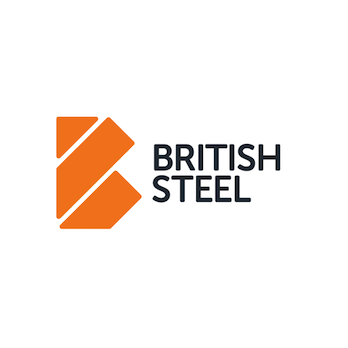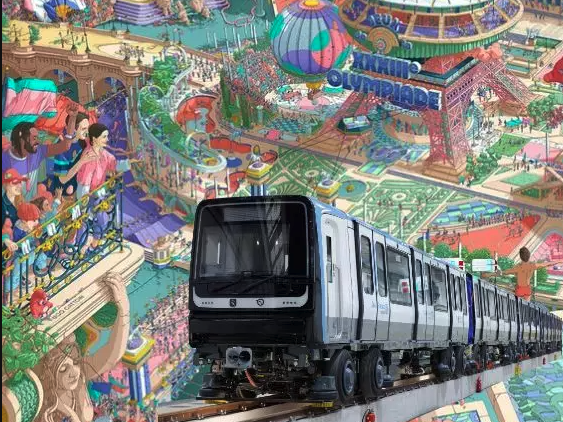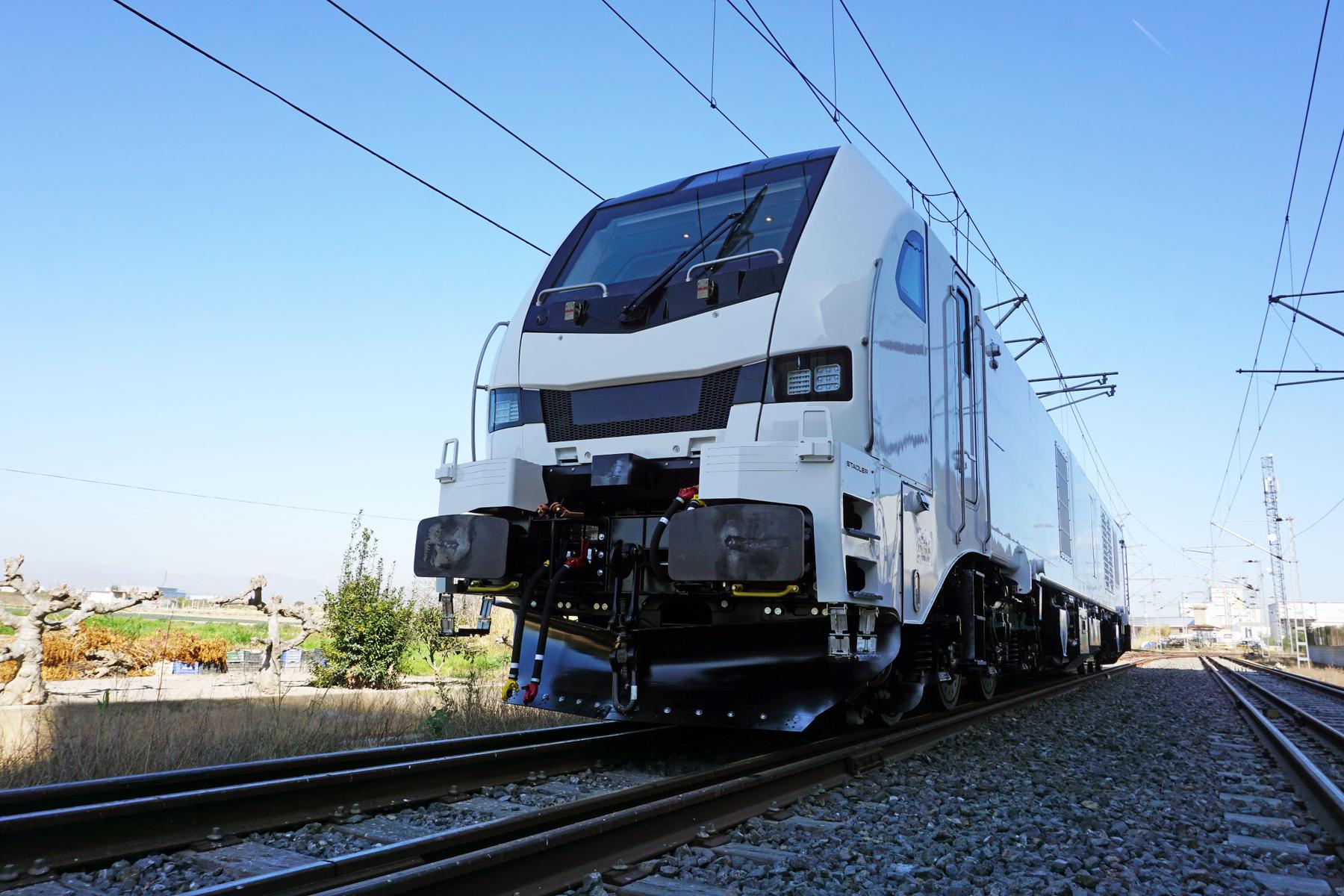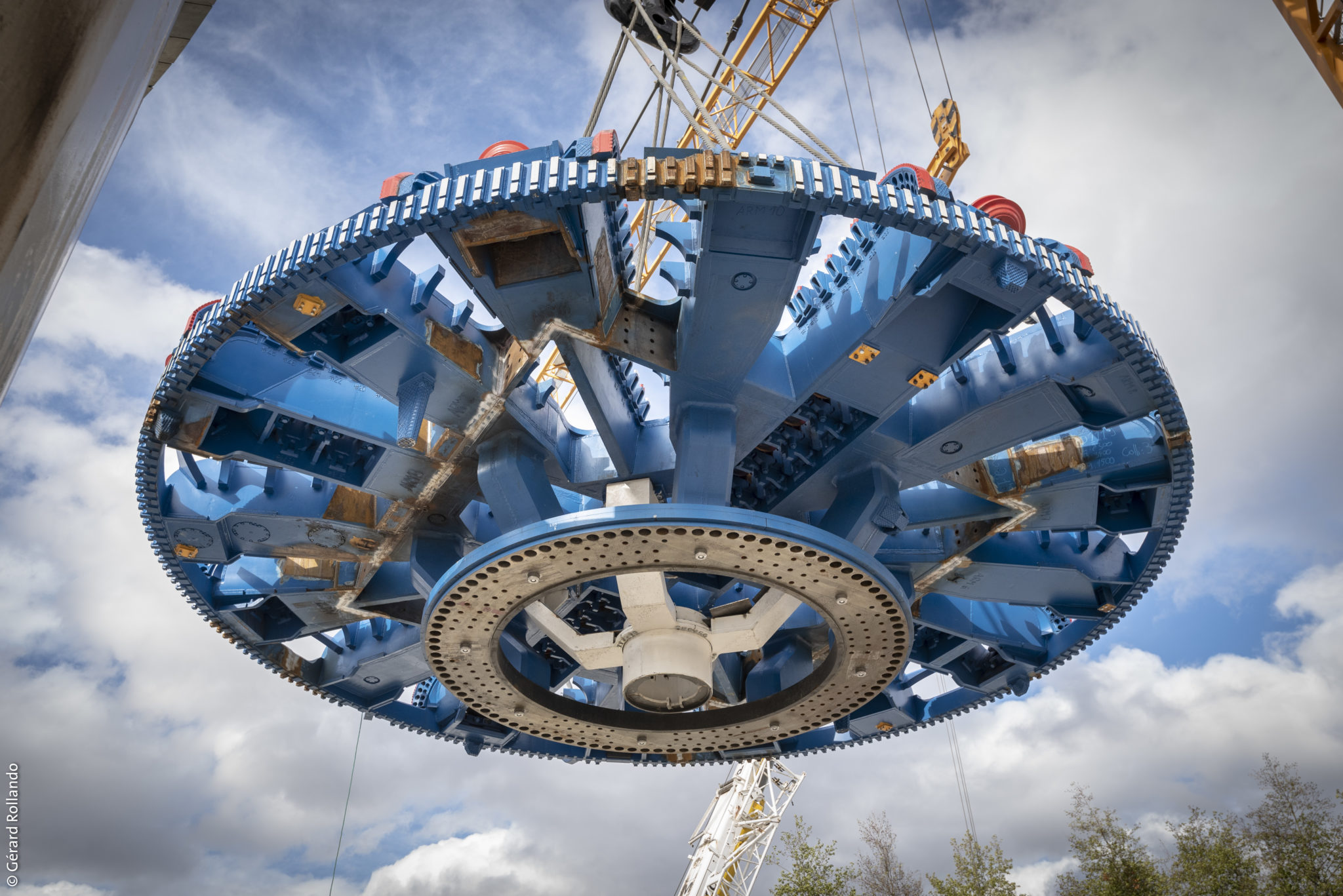British Steel’s Rail Technologies team has been commended for its technological innovation to improve the safety and efficiency of railways at the recent Global Light Rail Awards.
The event from Mainspring and Tramways and Urban Transit magazine, which took place at London’s Honourable Artillery Company, was hosted by Journalist, Television and Radio Presenter Nicholas Owen.
Rail Technologies Consultants Sandra Fretwell-Smith and Stephen Lewis submitted an entry on their proposed research into aluminothermic weld breaks in embedded rails and received high commendations in not just 1 but 2 different categories – Technical Innovation of the Year and Supplier of the Year.

Currently it can cost in excess of £10,000 per weld and every faulty weld resulting in a broken rail needs to be replaced with 2 more, so failed welds can become quite costly for the light rail industry.
Sandra said:Light rail operators/infrastructure owners in the UK have a provision to renew and replace rail once it reaches its end of life. Embedded (street) rails are often continuously welded together by a process known as aluminothermic welding. This is currently the preferred method of track joining in street areas due to its portability and the complex shape of the grooved rails to be joined. However, in embedded rails, this method of welding sometimes leads to broken rails.
Proportionally far fewer broken rails occur when this type of welding is used on flat-bottomed rails (ballasted track). The proposed package of research intends to investigate why this is the case through a comprehensive range of experiments. We hope that this will lead to process improvements and decreased broken rails.
The judges were extremely impressed with the high standard of entries, noting that it shows “industry partners are sharing best practice and expertise as we all look to bring down costs, improve safety and sustainability and deliver the best possible passenger experience.”
The judges’ comments for the high commendations were as follows:
Technical Innovation of the Year
“Broken rails can be catastrophic, and there has been a significant spike in instances of embedded rail breaks across the UK – disturbingly as some of the rail is no more than 5 years old. Vast amounts of time and resource has been spent on broken rails on the main line railway, but far less so on those used by tram operators.
Rail breaks can seriously compromise safety, cause major disruption and cost a fortune to sort out. One system has experienced 20 incidents in recent years, with a repair bill running to hundreds of thousands of pounds.
The good news is that 2 British experts in metallurgy are tackling this issue head-on. Their research into the causes – and finding longer-lasting solutions through industry collaboration – has been described as ground-breaking, and ultimately a major benefit to the industry as a whole.”
Supplier of the Year
“Talk to those at the sharp end of maintaining tramways and light rail systems and our first honouree can’t come recommended highly enough – so we’ll join them.
Although most know them as a track supplier, where they are driving real change is in their research and development into tackling some of the industry’s trickiest track-related issues to make railways of all kinds safer and more efficient.
UK Tram Engineering Manager Craig O’Brien told us:They’re really clever guys and girls and you can tell that sorting out issues is as much as a passion as it is a day job. They give so much time to the industry as a whole in coming up with solutions outside of ‘regular hours’ and really go above and beyond.




